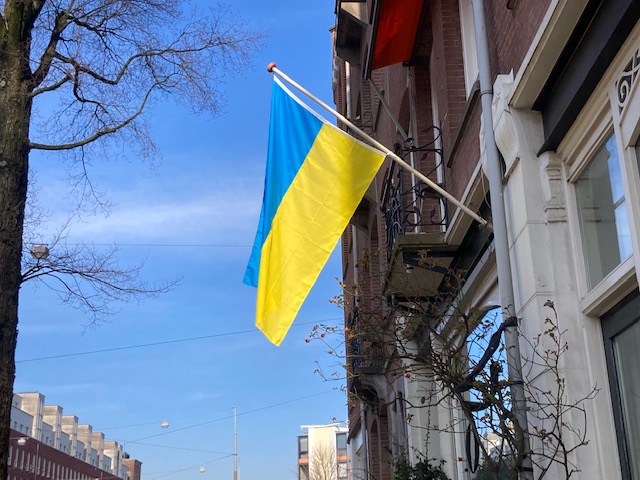Concerns mount about “lost generation” of Ukrainians in NL

Many Dutch local authorities say they are concerned about the mental health problems affecting young Ukrainians in the Netherlands, broadcaster RTL has reported.
In total, 46% of the councils approached by RTL researchers said they are concerned about the youngsters’ living conditions, the war traumas they face and their feelings of hopelessness about the future.
“The war is ongoing and their future remains uncertain,” said a spokesman for Oisterwijk council. “The rules on how long they can stay (RTB) are extended every year by a year and that means the uncertainty continues.” Zwolle city council described the youngsters as the “lost generation”.
Loop, an organisation set up to help local authorities providing accommodation for Ukrainian youngsters also says it is receiving an increased number of signals about drug abuse, suicidal thoughts, depression and petty crime.
Mothers who are working full time and missing their partners, who may be fighting in Ukraine, do not always have the space for their children, said Loop spokesman Maarten Dekker. “These children are often having to fend for themselves in a country they don’t know, in a centre, not a home, and without speaking the language,” he said. “And that means problems.”
Some 127,280 Ukrainian refugees are currently living in the Netherlands, most of whom live in local authority accommodation.
Yuri Mirovich, a student at Groningen University who fled to the Netherlands in 2022, told Dutch News that political uncertainty and changing regulations mean Ukrainian refugees have no way of deciding their fate themselves.
“The longer Ukrainians have to stay in refugee reception centres, the more the Dutch authorities should be making an effort for their further integration into society,” he said.
“The future of Ukrainians living abroad resembles the future of those who stayed in Ukraine. They have been living in uncertainty for more than three years, face restrictions in freedom of movement, cannot express their opinion through elections, or impact the future of their children,” he said.
Another issue facing young Ukrainians is the high cost of further education. They are not eligible for any form of student financing and have to pay far higher fees than EU nationals and official refugees – even though MPs voted for a reduction in July.
“This is an important milestone, but it needs to be implemented as soon as possible so these youngsters can take their seats in the lecture theatres,” said Mir Huisman, director of the refugee students’ foundation UAF.
The UAF currently supports 250 Ukrainian students financially.
Thank you for donating to DutchNews.nl.
We could not provide the Dutch News service, and keep it free of charge, without the generous support of our readers. Your donations allow us to report on issues you tell us matter, and provide you with a summary of the most important Dutch news each day.
Make a donation